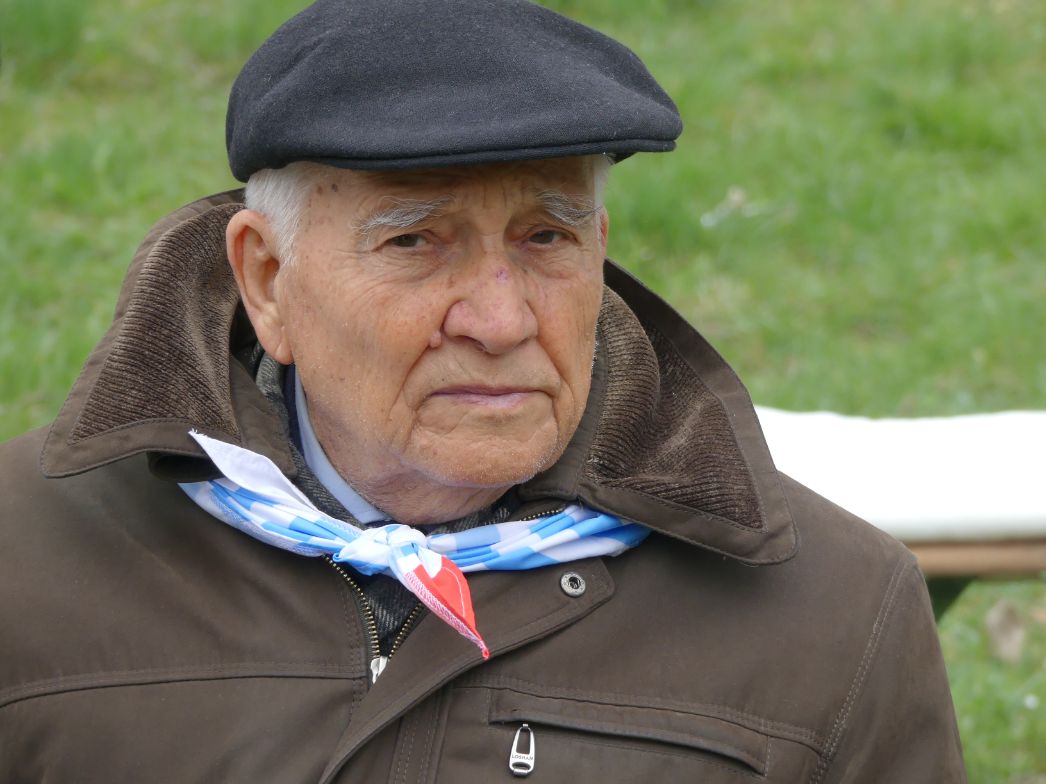
Julian Wieciech was born on 14 April 1927 in Lipnica Dolna in Lesser Poland, the youngest of six siblings. He spent his childhood on his family's farm. Like his father, he wanted to become a carter, but the start of the Second World War prevented this. Instead, he joined the Polish Home Army in 1943. He was nicknamed ‘Skrzat’ (Polish for ‘gnome’) because he was so small and slender. As a member of the underground organisation, he was involved in various conspiratorial actions, including the liberation of 128 political prisoners from a jail of the German occupiers on 26 July 1944.
As a result of these actions, he was arrested at the end of October 1944 and imprisoned in the Gestapo prison in ulica Montelupich in Krakow. From there, he was sent to the Groß-Rosen concentration camp in December 1944 (inmate number 85 357). When the SS cleared the Groß-Rosen concentration camp in February 1945 ahead of the approaching Red Army, he was sent to the Mittelbau concentration camp. Julian Wieciech passed through the subcamps in Harzungen and the Nordhausen Boelcke-Kaserne military barracks until the Mittelbau concentration camp complex was also cleared in April 1945. He was finally liberated on 15 April 1945, a few days after his arrival at the Bergen-Belsen concentration camp: British soldier Ian Forsyth found him on a pile of dead bodies, barely breathing but still alive.
After the war, he recovered from the consequences of his imprisonment and returned to Poland in 1946. He caught up on his education and successfully completed a degree in economics. In 1951, he married Maria Piotrowska, with whom he had two sons. He worked in the chemical industry until his retirement in 1985. In 2004, he published his memoirs, in which he wrote about his experiences in the concentration camps, among other things. He last travelled to Nordhausen in 2019 to commemorate the anniversary of the liberation.
He passed away on 30 November 2024 at the age of 97. Our thoughts and sympathies are with his family and friends.

